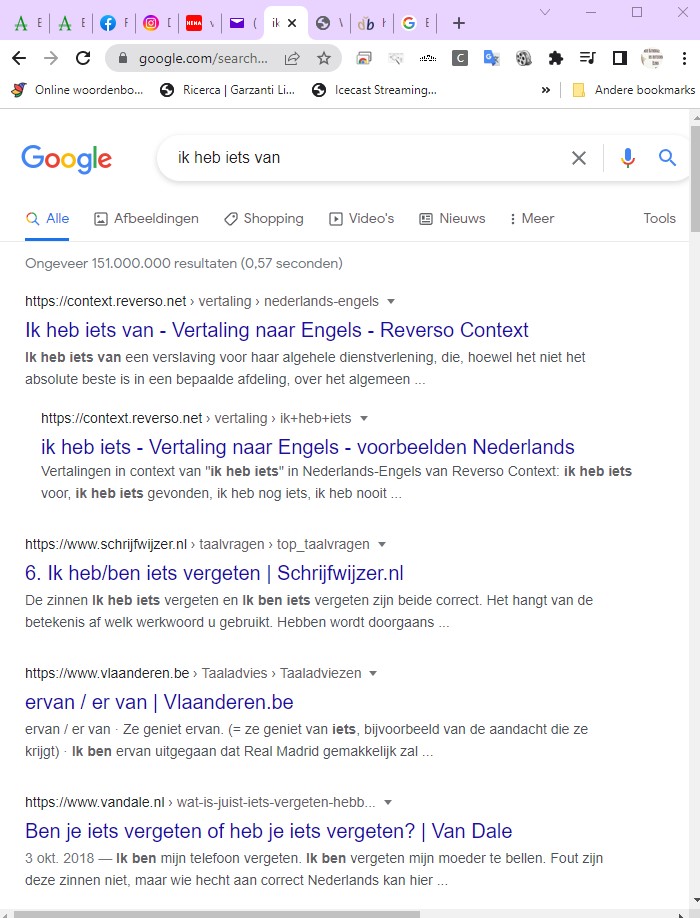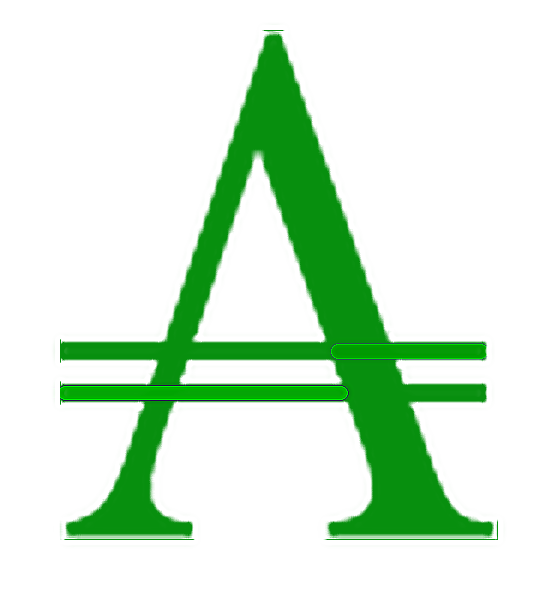thesis: given the world as a coherent set of coordinates, and you as a human being, the world cannot give you any more information than it is already doing.
no scientific research, no magical revelation can give you more information on the world then you are receiving right now. that is because at any given time the amount of information available to you is hard limited by the semantical capacity of your brain.
any individual living in the collapse of Western Capitalism will find his or her mental storage cramped way beyond the full sign, but that was supposedly equally true in less technology ridden era’s.
that’s because the brain’s homeostasis presupposes semantic input pressure applied to a full memory state for its ‘listeners’ to work: topics are deemed worthy of brain-attention if they ‘ring a bell’.
it is at any given moment giving you the maximum of information that it can.
It is always full, always being the everywhere viewed from anywhere, like eg your spot.
Here´s a proof, well, in my mind it’s more a koan style magic algo to reach pardes and live to tell the story. i do enjoy my own delusions, preferring those to any other fictions, including reality.
actually it proves (i wish) its point by disabling anyone who reads it to prove that it is not true. if the proof cannot be proven to be wrong, and what it proves is more useful in its proven state Ockham imself orders us to accept the hypothesis until further notice.
the way i intended this prove to work back in 2007, and now again in 2022 is similar to the way Parmenides invented Being from positing non-being back in 500 BC, thus enabling the birth of Western Philosophy in congruence with the decay of religion into monotheistic paternalism.
it works for me, please let me know if it does for you to.
proof
step 1. If you change your spot, the data does not dislocate itself, no data are changed or lost. this can be proven by changing to your old spot again.
step 2. If nothing is lost when you change your spot, nothing can be gained by changing your spot. you may expect to find and receive new data that will necessitate to rewire the information you gain from your complete set of data, but doing that will always undo an amount of (perfectly useable) information equal to the amount you gained by accessing the newly found data. otherwise it won’t fit in your limited semantic capacity.
step 3. Information can only be made available to you by changing your spot. Or by having it redecorated (i.e. use alternative data mining techniques) but you can´t redecorate your spot properly without leaving it.
step 4. you will only truly accept the truth of this proof during the time that you are reading it, so if you cannot accept the truth of this proof at this point please go back to step 1.
HOW TO ACCESS THE QUALITY OF ANY GIVEN PERIOD
one
before things got connected there was no way of telling. things moved. some thing happened. there was a noise in the air, an audible sign of progress or regression, growth or decay, there were seasons, blossoming and rot.
today all you hear is the silent clash of files hitting files creating files logging the files that were created.
whenever a person weeps one of its eyes glances sideways to check if the suffering is being registered properly. it is of great value in the networks but only through valid registration in the global database.
the sacrifice of weeping can only be allowed when its ROI is guaranteed. the balance needs to check out. within Being a man needs to double-check the thing a man needs to double-check at all times, lest he no longer be a man.
two
in any language, and caused by the omnipresence of the networked media, there are always at any given moment certain phrases being used in spoken language excessively that are an indication , a mot-clef, 1French : ‘key-word a keyword to how people are and will have been thinking at that given moment
so if you want access to the spiritual quality of the times of a certain period, how people were thinking at any given period in history you need to locate and unpack those keywords
now, most of the time these phrases are either awkward uses of words or downright mistakes against language rules. In Dutch, for instance, until quite recently the word ‘nachecken’ was ubiquitous.
Strictly speaking, ´nachecken´ (verb, meaning: to check) is a contaminated use, mixing the correct Dutch for ’to check’ namely ‘nakijken’ with its English equivalent ‘checken’, that is generally accepted as a loanword.
there’s a comparable case in Dutch with ‘afprinten‘, a contamination of the correct ‘afdrukken’ with ‘printen’, derived from an English verb that like ’to check’ into the loanword ‘checken’ has been accepted as such by most dictionaries including the normative Van Dale dictionary.
both language ‘errors’ are underway of becoming accepted as regular Dutch.
this should tell us a lot about how cultural language identities are being violated and destroyed by the Lingua Franca of our times and sure, it’s something that bothers me as a poet writing in my beloved language.
but hardly anybody else is troubled by the trend, which is the way things should be.
you can´t have poets or scientists deciding on language, that would be something like having the legislative powers intervening with the actual jurisdiction for poets and policing the traffic at minimal wages for scientists.
as poets we can and should scream and make all kinds of fusses about abuses of our language, it´s up to the judges to speak as they see fit.
it’s crazy but that’s how it works.
as to the scientists: if human science seriously attempts to change the use of language it will end up undoing all of science.
such an attempt would be like plugging the MIDI Out in the MIDI In on the same device.
that’s because science is by its own accord based on Being, and Being is rooted in language, having no base whatsoever, so you get the snake-eats-tail thing dissolving all before you can spell nought.
he’s really gone, you know. and mummy’s dying.
so pretty soon we’ll all be stuck on a dead rock in space.
so it goes.
anyway, succumbing to commercial pressure like scientists are doing en masse 2French: ‘in great number’ these days – the young ones aren’t even aware anymore that they are in fact doing that – does the same job equally fast, so, if you are a scientist, don’t worry, you needn’t bother to take this language hypothesis to the test. i presume there are some more urgent matters to attend to then this fruitless philosophical dispute. and who’s ever going to take an interest when we’re all gone?
anyway, as it happens, and in all its ugliness, ‘nachecken’ is a perfect expression of our current inability for genuine emotion. We need to double-check in our represented, time-lagging versions of the happenings that are utterly strange to our paranoid identities if the emotions check-out.
Anyway, as it happens, and in all its ugliness, ‘nachecken’ is a perfect expression of our current inability for genuine emotion. We need to double-check in our represented, time-lagging versions of the happenings that are always already (sic) utterly strange and frightening to our disfunctional paranoid identities if the emotions still check-out with what is expected of an ‘us’ that is entirely lost in the process.
quote expanded by dv, BGT@CKU
‘ik heb iets van’
in a previous stage the Dutch keyword 3 i wouldn’t know about English, you need to be part of the actual speech-community to figure these things out was ‘ik heb iets van’
this expression , literally meaning ‘i have/sense something from’, would be followed by a completely meaningless silence, merely waiting for the addressee to acknowledge the awareness of a inexpressible object within the consciousness of the speaker.
instead of using this expression, just saying ‘i think this or that’ would amount to exactly the same message, so that was/is in fact the functional use of the phrase.
of course the added strategy of ascribing the thoughts to a mysterious object so as to avoid taking any responsibility for the thought itself, pleading in advance that the object is responsible, something external to the individual from which the individual is actually suffering…
surely i needn’t expand for you to get the analytical drift.

the ‘ik-heb-iets-van’ phrase is still more-or-less active (2007, confirmed post-Corona in 2022), so these keywords/phrasings do overlap in time (as well as being dynamical within their geographical spreading i suppose).
to be continued…
Noten
